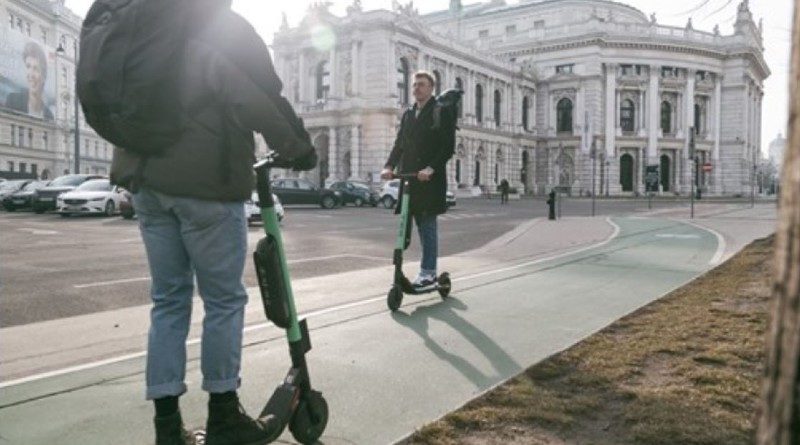Government publish latest thinking on e-Scooter legislation
The Government has published its response to the Transport Committee’s report on e-Scooter legislation following publication of the Committee’s report back in October.
Trials of rental e-Scooters are currently underway in around two dozen local authorities across the country; plans are also underway to launch a trial in London in the first quarter of 2021.
The rental trials are set to run until Autumn 2021 with the Department for Transport saying it will use this information, the Committee’s report and further findings from public stakeholder engagement to inform a decision on whether e-Scooters should be legalized. Conversations with external stakeholders such as vulnerable road users are already taking place.
Key points of the government’s response were:
- The rental trials will run until Autumn 2021 and will provide an evidence base for any subsequent decisions
- An appropriate and effective regulatory legal framework for e-Scooter use is a priority.
- Modal shift analysis, and in particular a shift away from cars, is a key metric of success
- Safety risks to pedestrians and prohibiting pavement use is a priority for the government
- Environmental sustainability is a key consideration
The current expectation is for the trials to run until Autumn 2021 at the earliest, with the London trial possibly extending into 2022 due to its late start. London has been particularly challenging due to the need to coordinate across TFL and the 32 London Boroughs, some of which do not want to allow e-Scooter use.
Furthermore, The use of e-Scooters on pavements was of prime concern for witnesses during the inquiry. Agreeing with the Committee’s call for robust enforcement measures, the government made it clear that pavement use will remain illegal.
Chair of the Transport Select Committee, Huw Merriman MP, said: “When we launched our inquiry, we asked whether this new mode of transport was a pavement nuisance or transport innovation. The answer is that e-Scooters are both.
“We are pleased that the Department is putting a premium on collecting data and evidence from the trials and from other countries. We maintain our view that 18 months is a suitable timeframe to analyse the results of e-Scooter trials and implement any decisions. This takes us to April 2022 and we urge the Government does not lose momentum on this. We are in a pandemic and the use of public transport has reduced considerably. As we go into Christmas, we are mindful that the sales and use of private e-Scooters – which are still illegal – continue to rise, with continued negative impacts on pedestrians and disabled people.
Tom McPhail, Director of public affairs at Pure Electric said: “The tone of government messaging points towards a question of when, rather than if e-Scooters will become widely legalised. The social, environmental, health and financial benefits are too valuable to ignore. However, it is also clear that regulation has to take account of safety considerations and the concerns of other vulnerable road and pavement users.”
“There’s a quick win to be had for the government ahead of COP26, in decarbonising transport. Given the very high volumes of e-Scooters being bought across the UK, the sooner the government presses ahead with legislation the better.”
The Committee’s report concluded that e-Scooters have the potential to be a low-cost, accessible and environmentally friendly alternative to the private car. The Department says that encouraging people to make the switch for some short journeys will be a key measure of success. If trials are successful and the Government chooses to legalise e-Scooters, environmental sustainability will be a key consideration.



